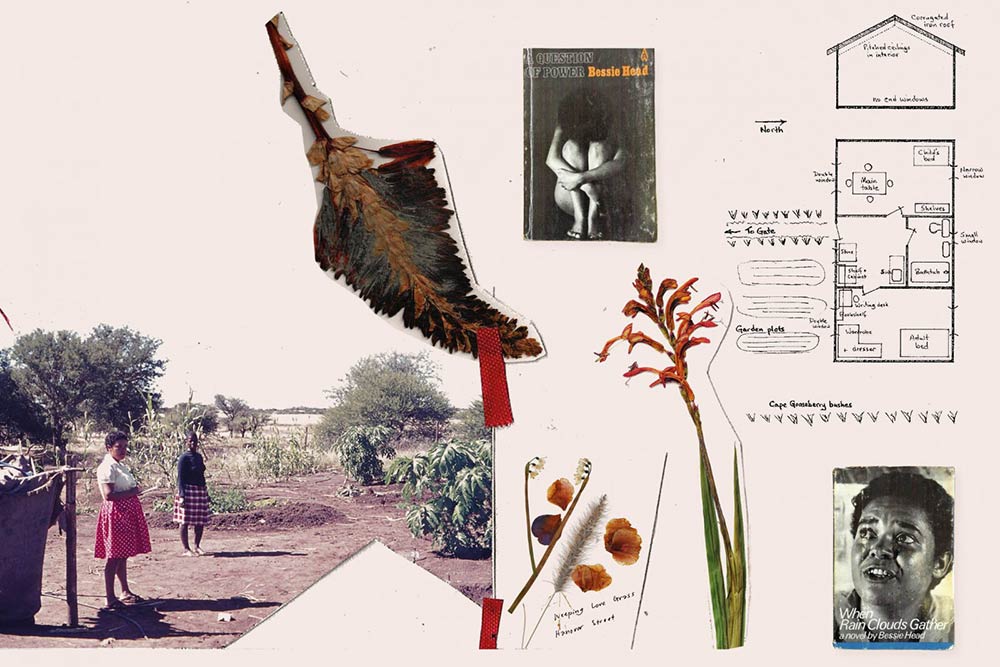Introduced by Professor Ola Uduku
Click here to watch a video of this event
Although this is an online event, we will be broadcasting it in the Reilly Room at 1pm
A talk on a recent project regarding the Rhodes Cottage in Muizenberg, Cape Town. We were appointed by the City of Cape Town to develop a conservation management plan (CPM) for Rhodes Cottage. This building is a modest sea facing cottage along the false bay of Cape Town and functions as a house museum dedicated to Cecil John Rhodes. It forms part of Rhode’s very large estate but in 1938 it was donated to the city of Cape Town on condition that it continues to function as a museum for Rhodes. We worked quickly and diligently in proposing a practical plan to maintain the fabric but in addition to the practical plan we proposed a plan that would shift the ethics of engagement around the narrative of the space. Currently the building is dominated by the history of Rhodes who lived and died there between 1898 and 1902.The building and site is over 200 years old and our plan proposed a broader, more inclusive retelling of history on the site. This history includes that of of enslaved persons, working class black and brown, immigrant histories and histories beyond the borders of Southern Africa. Our plan and our ethics of engagement was largely approved by the City of Cape Town, yet the main stakeholder, The Muizenberg Historical Society who are the museum curators, heavily opposed the plan and submitted a document that undermines and contest the plan on the grounds that the plan’s purpose is to defame Rhodes and that it is 'anti-white'. It also contests that the we as a professional team be neutral and that the 'activism slant to it was unprofessional.'
Key ideas
What is professional and unprofessional?
How do we refuse dominant histories with our work as spatial practitioners in 'practical' ways?
The offer of the talk is to illustrate a part of our working methodology and perhaps through the retelling of this story begin to show ways of how to broaden our ‘profession’ as architects beyond the construction of buildings but toward the construction of social cohesion and spaces of freedom.
Biography
Ilze Wolff co-directs Wolff Architects with Heinrich Wolff and they are architects working in Cape Town, South Africa. Their practice is developing an architecture of consequence through the mediums of design, advocacy, research, documentation and art. Informed by the colonial history of their home in Cape Town, they established their architecture practice as a vehicle for addressing social inequities as well as the erasure of indigenous landscapes and narratives. At their space in Bo-Kaap they regularly host exhibitions and talks, all concerned with developing an enduring public culture around the city, space and personhood.
